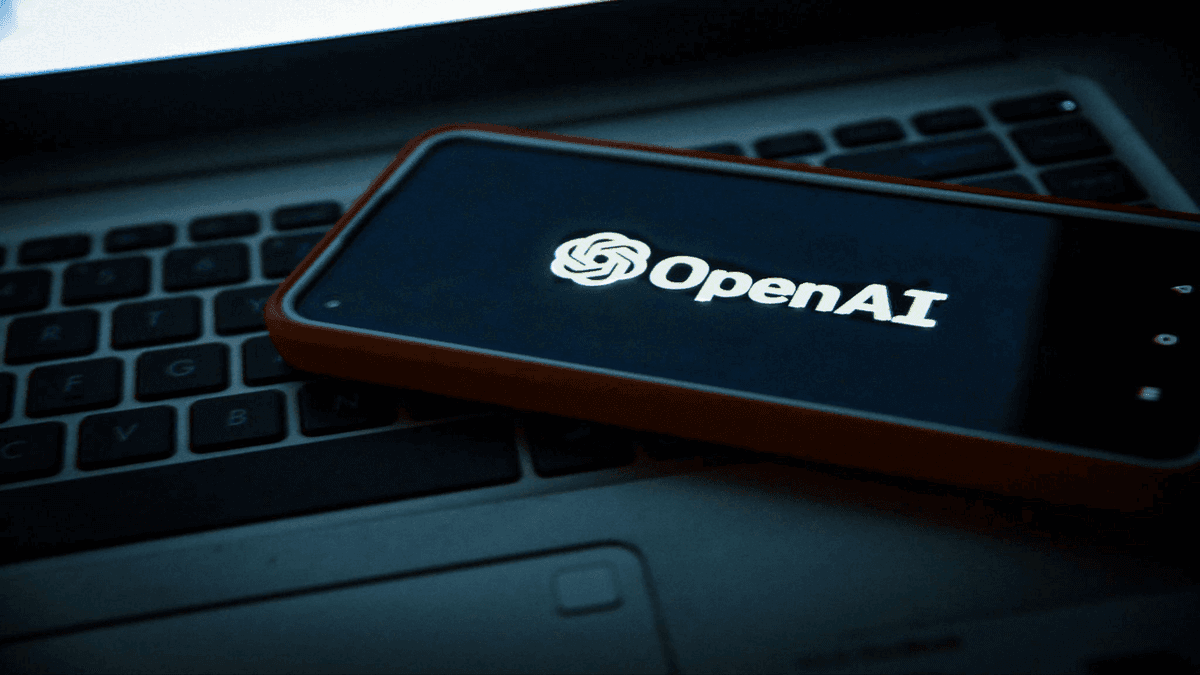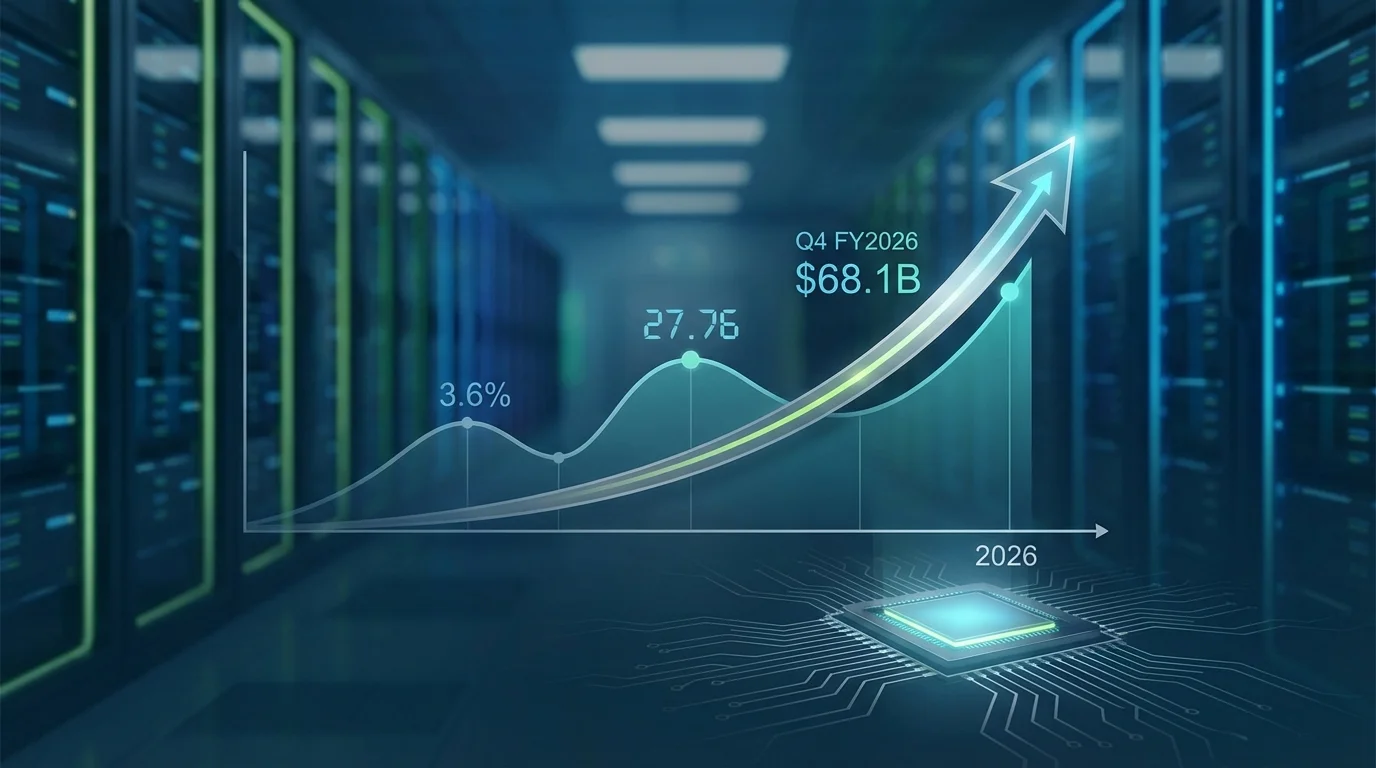Key Takeaways
- OpenAI stock isn't traded on the public market.
- Direct investment is mainly for accredited investors.
- You can also get indirect exposure through Microsoft or AI ETFs.
- An IPO for OpenAI hasn't been confirmed or scheduled yet.
- In the future, there might be secondary markets or specialized funds.
Introduction
Investing directly in cutting-edge private tech companies like OpenAI can be a tough sell for most investors looking to cash in on the AI revolution.
As of 2025, OpenAI is still at the top of the game when it comes to AI development, coming up with new ideas that are changing industries all over the world. They're getting a ton of attention from people all over the world, so it's no surprise that a lot of people want to be a part of their growth.

To understand how to invest in a well-known, non-public entity, you need to know about venture capital, strategic partnerships, and other investment structures.
This guide offers a solution by outlining the potential avenues, including indirect exposure through partners like Microsoft and exploring the landscape for accredited investors, clarifying how one might gain investment access to OpenAI today.
What is OpenAI?
OpenAI is a company that researches and deploys artificial intelligence. It's known all over the world as a leader in the AI field. Their stated mission is to make sure that artificial general intelligence (AGI)—AI systems that are generally smarter than humans—benefits all of humanity.
It's responsible for creating some of the most advanced and widely discussed AI models, like the GPT series (which powers tools like ChatGPT) and the image generation model DALL-E.

OpenAI's Hybrid Structure
It's important for potential investors to understand OpenAI's unique structure. The organization runs on a hybrid model, starting with OpenAI Inc., the original non-profit parent that was set up in 2015. This group is like the executive committee, and its main goal is to make sure that artificial general intelligence is safe and beneficial.
OpenAI Global, LLC is a for-profit subsidiary of the non-profit, and it's designed to attract the investment and resources it needs, notably from partners like Microsoft. This group is all about driving commercialization and revenue generation. But it's got a "capped-profit" model, so investors and staff can't make as much money. Any profits over this limit are set aside to support the non-profit's mission.
If you're thinking about investing, you'll mostly be dealing with OpenAI Global, LLC, since they handle the business side of things. But, the for-profit part of the company is still run by the non-profit OpenAI Inc.
Can you buy OpenAI stock?
As of now, you can't buy stock in OpenAI directly on public stock exchanges like the NYSE or Nasdaq. OpenAI is a privately held company at the moment. This means its shares aren't available for trading by the general public.
Even though it's private, OpenAI is a big deal in the artificial intelligence world, with a lot of market indicators. Recent reports say that OpenAI is now worth an impressive $300 billion. On top of that, the company is expecting to see a lot of revenue growth. They think they could reach $12.7 billion in revenue by 2025.
Investing in private companies like OpenAI is usually only for accredited investors and institutions through private funding rounds or secondary markets, which aren't accessible to the average retail investor. A lot of people are interested in OpenAI's future, including potential future public offerings, but for now, most people can't directly own stock in the company.
How to Invest in OpenAI?
The thing is, if you're an average investor, it's not really possible to invest directly in OpenAI because the company is privately held. You can't buy or sell its shares on the stock market. But there are a few ways to get exposure to the growth of OpenAI and the broader artificial intelligence market.
Invest Indirectly through Microsoft
One of the best ways to invest indirectly in OpenAI is through Microsoft (MSFT). Microsoft has invested a lot of money in OpenAI, and they're a key partner. They're using OpenAI's technology in a lot of their products and services. Investing in Microsoft stock lets you benefit from their diverse business and their deep collaboration with OpenAI, as well as their extensive AI initiatives.

Trade and Invest in Leading AI Stocks
You could also invest in other publicly traded companies that are leaders in the AI space, like Nvidia (NVDA). A lot of tech companies are really into developing AI hardware, software, and applications, or they use a lot of AI technology. If you're interested in the AI market, you might want to check out these companies. You can still participate in the growth of the AI market even if you don't own shares of OpenAI.

Other AI stocks to consider:
- Amazon.com, Inc. (AMZN): Uses AI extensively in its e-commerce operations, cloud services (AWS AI), and voice assistant (Alexa)
- Alphabet Inc. (GOOGL) (GOOG): The parent company of Google, a pioneer in AI research and its application across various services, including search, cloud computing (Google Cloud AI), and autonomous vehicles (Waymo). They also developed the Gemini AI model.
- Taiwan Semiconductor Manufacturing Company (TSM): A critical manufacturer of advanced semiconductor chips, including those used in AI hardware by companies like NVIDIA and AMD.

Trade and Invest in AI ETFs
If you're looking for a more diversified approach, you might want to consider investing in Artificial Intelligence Exchange Traded Funds (ETFs) like the Global X Robotics & AI ETF (BOTZ). These funds hold a bunch of stocks from different companies involved in AI, giving you more exposure to the sector. Investing in an AI ETF can help spread risk compared to investing in individual stocks and provides a way to benefit from the overall growth of the AI industry.
Other AI ETFs to consider:
- ROBO Global Robotics and Automation Index ETF (ROBO)
- iShares Robotics and Artificial Intelligence Multi-Sector ETF (IRBO)
- First Trust Nasdaq Artificial Intelligence and Robotics ETF (ROBT)
Wait for a Potential OpenAI IPO
Currently, there's no set date or guarantee that OpenAI will have an Initial Public Offering (IPO). OpenAI has remained private for a few reasons, including its unique hybrid non-profit/capped-profit structure designed to prioritize its mission over maximizing investor returns, and its success in raising significant private funding. There's some talk about a future IPO, but it's not clear when that'll happen or if it's even going to happen. If you're interested in direct ownership, you'll have to wait for an official announcement regarding an IPO. That'll allow the general public to potentially purchase shares.
Should You Invest in OpenAI?
Deciding whether to invest in OpenAI or related assets requires careful consideration due to OpenAI's private status. Factors include the company's high valuation, the intensely competitive AI landscape, and the uncertainty surrounding a potential IPO.
Pros of gaining exposure to the AI sector include the potential for high growth in a transformative industry. Cons involve significant risk, lack of direct investment access to OpenAI itself, market volatility, and challenges in valuing private tech firms.
AI-driven platforms like Intellectia.ai might employ specific strategies, such as identifying undervalued AI companies or using data-driven analysis, to navigate this complex market. Ultimately, any investment decision should align with your personal financial situation and risk tolerance.
Conclusion
Most people can't invest directly in private OpenAI stock, but they can still get exposure to the growing AI market by investing in Microsoft or diversified AI ETFs. These options give you ways to participate in the growth driven by companies at the forefront of AI development. You should only invest after thinking about the risks and making sure it fits with your personal investment strategy. If you're looking for customized insights and data-driven strategies in the AI investment landscape, you might want to check out resources like Intellectia.ai.





